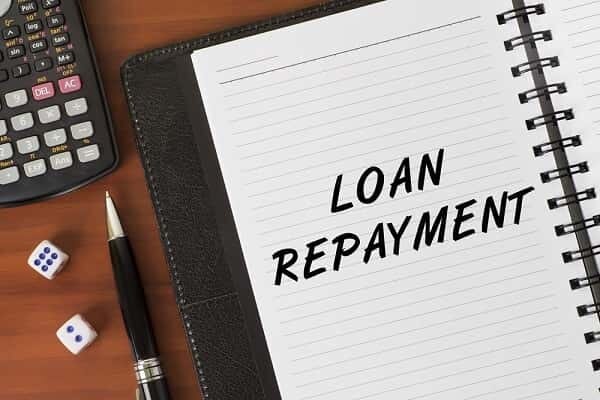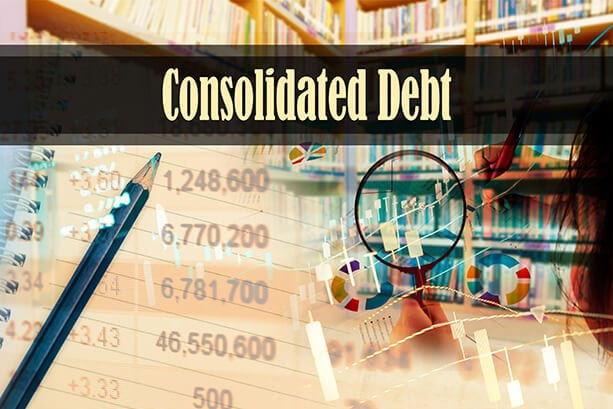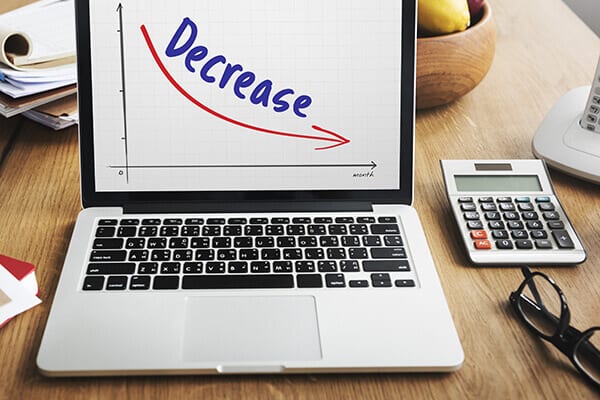We all have seen the advertisements, from the sublime to the absurd, for payday lenders and car title loans. There are a lot of options out there when it comes to debt consolidation loans. When you are in debt, finding new sources of money and innovative ways to pay existing bills can be a challenge. However, there really is no need to fall victim to predatory lending, but rather, you can consider alternatives to addressing and resolving your debt crisis. In this article, we discuss the pros and cons of debt consolidation.
According to the Australian Securities and Investments Commission (ASIC), 18.5% of consumers have credit card debt, totalling $45 billion. Of that $45 billion, $31.7 billion was from interest alone. Indicating the potentially catastrophic consequences of credit card overuse for consumers and the impressive revenue stream for banks.
Debt Consolidation Loans – A Simple Answer
With a significant portion of the population subsumed by credit card debt, not to mention other expenses including rent, utilities, car, and mobile service, more people are sliding into a fiscal hole, owing money to multiple sources.
In such a scenario, what to do? Are there options to help alleviate the pressure?
Yes, there are, with the two biggest solutions being debt settlement and debt consolidation. The two may appear similar, like a credit report verses a credit score, but they are different. Even though they both seek to solve the problems of debt, the two offer different benefits and potential problems.
Make Your Life Easier
Debt settlement is the negotiation with creditors and/or lenders to settle the debt for a figure less than the original amount. It works better when there is only one creditor since multiple creditors will demand multiple negotiation sessions, with no guarantee that everyone will agree to the new terms and conditions.
This can be a risky solution to your debt problems because there is always the chance that you may accrue more fees and interest while negotiating.
If you employ a debt settlement company to represent you, then they’re definitely will be costs for their services. Also, there will be an impact on your credit report and credit score, because even though the debt was settled, it wasn’t paid in full.
As a result of these factors, debt settlement may not be the best option, even though it can provide short term relief. Therefore, debt consolidation would appear to be the preferred choice for many people struggling to be debt-free.
Debt Consolidation is a Good Option
Debt consolidation is appealing because it simplifies the bill-paying process. Instead of paying multiple bills to multiple lenders every month, you will pay one bill to one lender, with a lower amount and a lower interest rate. In this manner, you should theoretically be able to pay off your debt quicker and to avoid bankruptcy.
However, please note that if you don’t make some substantial changes to your spending habits, including the use of plastic, you might always find yourself with the burden of debt.
Consolidation helps with the practical aspects of payment, but it also provides you some time to develop new financial skills, such as making a budget and saving for emergencies.
There are four different types of debt consolidation services
- Debt Management Plan
- Balance transfer on credit cards
- Personal loans
- A home equity loan.
Debt Management is usually the most popular choice as it provides access to credit counselors and financial education classes.
A balance transfer is another popular method, but the ASIC warns that as alluring as those offers may be, they are actually “debt traps”. They urge consumers to research the various kinds of credit cards and to choose one that has the best interest rate and lower fees (or ideally, no annual fee).
Slash Your Interest Rates
As great of advice as this may be, it does not necessarily help those currently with credit card debt. Should you choose to transfer your credit card balance, keep in mind that the 0% interest does have an expiration date and the transfer fee is between 2%-3% of the balance.
A personal loan may seem counterintuitive, but there are loans with interest rates lower than credit cards. If your credit score is low, you may have a difficult time qualifying for a loan, and you will need to provide collateral. Loans may carry an origination fee and a pre-payment penalty, so carefully read the fine print.
As for the home equity loan, the interest rates are also low, but you will be using your home as collateral and therefore, should you default of the loan payments, you may lose your home.
Make a Change for the Better
Although this information may appear to be grim, they are valid and helpful solutions to debt problems. There are always pros and cons to difficult decisions, so pick a path suitable for you. Debt consolidation is definitely a better choice than debt settlement unless you have only one creditor.
With debt consolidation, please be patient with yourself and know that it can take anywhere between two to five years to be debt-free.
The pros to debt consolidation definitely outweigh the cons which include the possibility of the payment plan derailing and/or putting yourself further in debt by using your credit cards, which most likely is what put you in this situation in the first place.
Now you are aware of the pros and cons of Debt Consolidation, the most important thing to remember is that there are ways to improve your situation. There are many resources to help you with debt consolidation, so the first step is to make that call or to search online so that you can start the journey out of the fiscal rabbit hole.
























